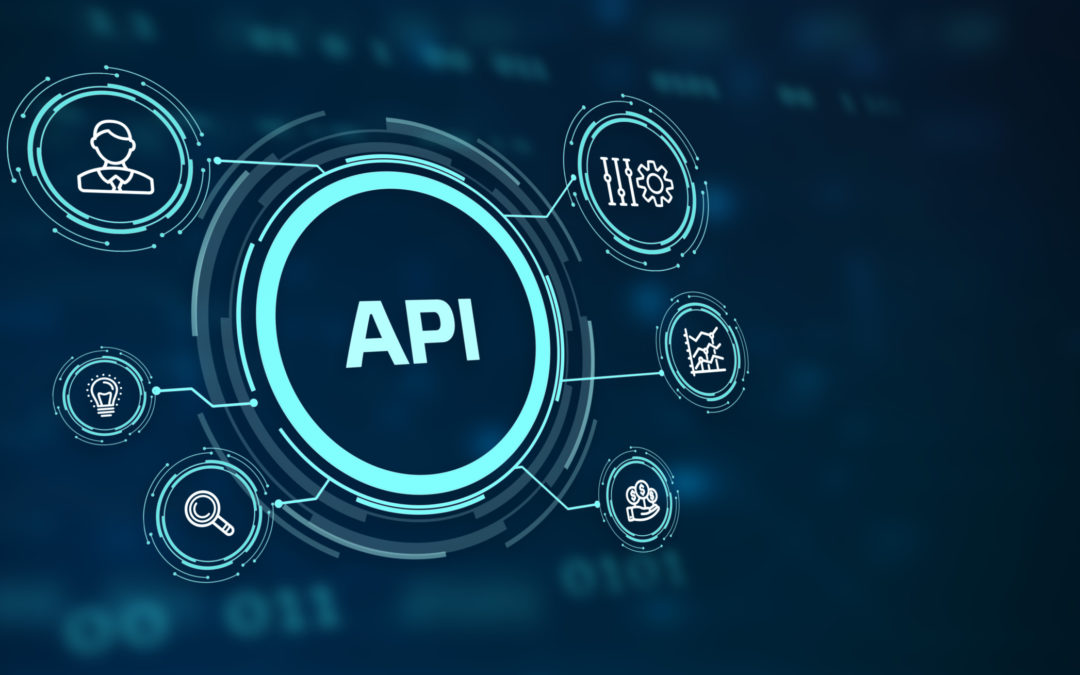API or Application Programming Interface is a set of protocols allowing software and other applications to communicate.
Here’s an example: imagine you’re trying to use a new app or website, but it requires registering and filling up a long boring signup form. Google, Facebook, and Apple have APIs that simplify such registration processes. For example, you can use the “sign up with Google/Facebook/Apple” feature, which automatically inputs your details into the new website. That’s what an API can do—letting two applications communicate and provide a response based on what you have requested.
APIs function in various ways, but their main goal is to provide users with the information they need whenever they need it.
A more relatable example of this is how we book rides via Uber or Bolt. Do you know how you input your location and destination into the app before it gives you an estimate of what your charge will be? An API creates that estimate by communicating with a server that provides traffic updates, how many drivers are available, if it’s in high demand, and more. All this information is collected and then translated to either a higher or lower charge by an API. It also communicates with a server to tell you which driver is close and helps you book the ride.
APIs are of different types: private APIs, public APIs, and partner APIs.
Private API
These are privately owned by a business. They only share information with systems or servers within the organization.
Public API
These are public, with zero restrictions; anyone can use them.
Partner API
These are APIs developed for use as a service. Companies like Mono or Microsoft Azure create APIs to provide them as a service for other businesses needing such APIs. These APIs are only accessible by paying clients, and they can be tailored to specific services like Cloud Services, retrieve bank statements, or move money securely.
Now that you understand what APIs are and why they are super important, are you interested in using a secure and highly reliable API for your business? Then, contact Turtle Works by visiting www.turtle.works now.

